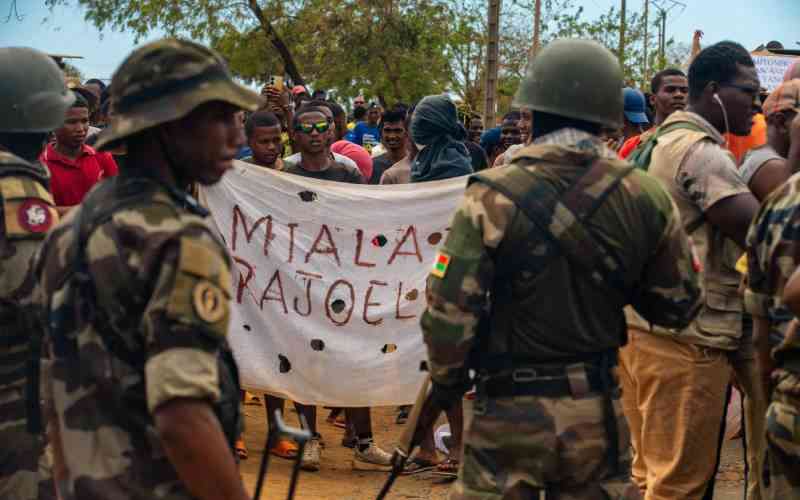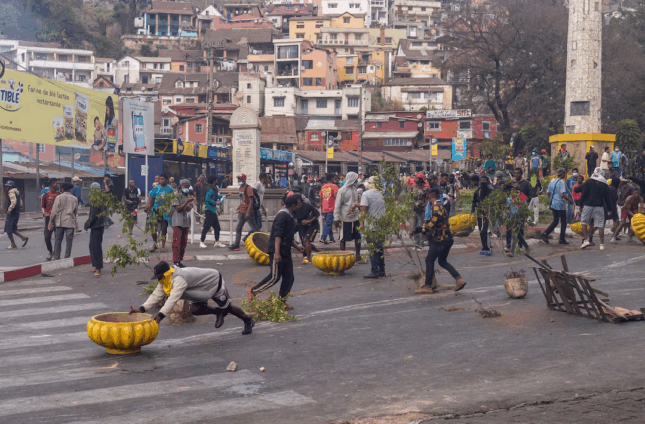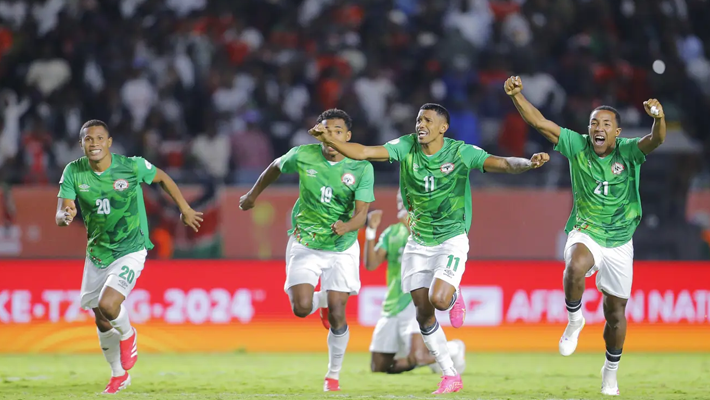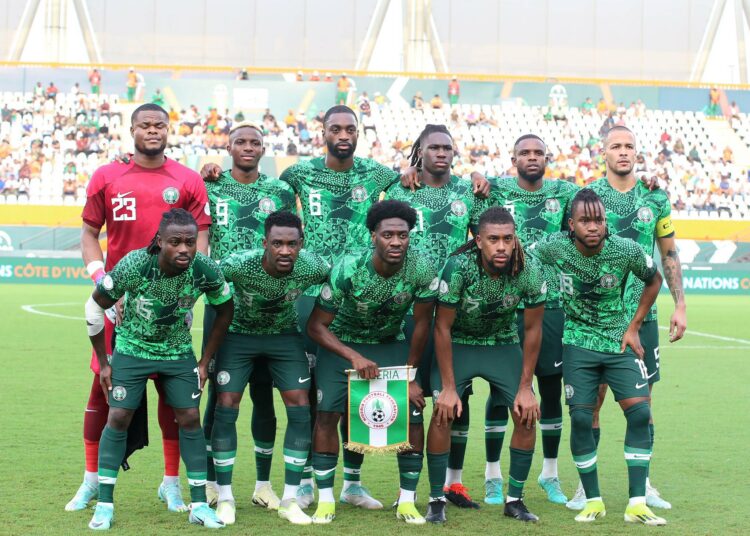Madagascar Plunged into Chaos as Presidency Alleges 'Illegal' Coup Attempt

Madagascar is currently embroiled in a significant political crisis, marked by escalating anti-government protests in the capital, Antananarivo. The movement, which began on September 25, 2025, was initially sparked by widespread anger over persistent power and water shortages but has since broadened to encompass deep-seated dissatisfaction with President Andry Rajoelina's government, citing high unemployment, corruption, and a severe cost-of-living crisis.
The situation intensified dramatically on October 11, 2025, when a contingent of soldiers from the Malagasy army joined thousands of anti-government protesters. These soldiers, from the CAPSAT (administrative and technical officers) unit based in the Soanierana district on the outskirts of Antananarivo, repudiated the violent crackdown on the youth-led demonstrations that had rocked the Indian Ocean island for more than two weeks. They explicitly called on other security units to 'join forces' with the demonstrators and 'refuse orders to shoot' against their fellow citizens. Clashes between soldiers and gendarmes were reported outside a barracks before the soldiers rode into the city in army vehicles, where they were welcomed with cheers and calls for Rajoelina's resignation at the symbolic Place du 13 Mai in front of Antananarivo's city hall.
President Andry Rajoelina responded to these developments on Sunday, October 12, releasing a statement condemning what he described as an 'attempt to seize power illegally and by force,' which he stated was contrary to the Constitution and democratic principles. He urged for 'unity' and emphasized that 'dialogue is the only way forward and the only solution to the crisis currently facing the country.' The government later assured the nation that Rajoelina remained 'in the country' and was 'managing national affairs,' with the newly appointed prime minister asserting that the government was 'standing strong' and 'ready to collaborate and listen.'
Adding to the complexity, officers of the gendarmerie, which had been accused of violence against protesters, released their own video statement on Sunday morning. In it, they acknowledged 'faults and excesses during our interventions' and called for 'fraternity' between the army and the gendarmes, stating, 'We are here to protect, not to terrorize.' They also declared that 'from now on, all orders will come solely' from the gendarmerie's headquarters.
Hours later, the CAPSAT unit made a more assertive move, claiming it had taken over the leadership of the military command and was now in control of all armed forces – land, air, and naval. CAPSAT, a unit that played a crucial role in the 2009 Malagasy political crisis that brought Rajoelina to power, announced the appointment of a new chief of staff, Gen Demosthene Pikulas, via a statement on its Facebook page. Subsequent reports on Sunday morning indicated a shoot-out at the CAPSAT camp following a visit by gendarmerie officials for discussions, though further details of this incident remained scarce.
The unfolding events highlight the volatile political landscape in Madagascar, where historical precedents of military involvement in political transitions, such as CAPSAT's role in 2009, continue to shape the present crisis. The nation watches as conflicting claims of authority and calls for constitutional order clash with widespread public discontent, leaving the future of the island nation uncertain.
Recommended Articles
Madagascar Erupts: Military Joins Anti-Government Protests

Madagascar is embroiled in escalating anti-government protests, with soldiers openly defying orders and joining demonstr...
Madagascar Erupts: Protesters Defy Government, Face Tear Gas in Escalating Unrest

Hundreds of young protesters in Madagascar continue their demonstrations despite President Andry Rajoelina's decision to...
African Football Frenzy: Morocco Conquers CHAN 2024, Kenya Shines as Host

Morocco secured their third African Nations Championship (CHAN) title with a dramatic 3-2 victory over Madagascar, thank...
African Football Frenzy: Kenya's CHAN 2024 Legacy and Madagascar's Epic Rise

Morocco clinched their third African Nations Championship (CHAN) title after defeating debut finalists Madagascar 3-2 in...
Africa's Football Fiesta: CHAN 2024 Hailed a Success, Kenya Secures FIFA Future
)
The African Nations Championship (CHAN) 2024, co-hosted by Kenya, Uganda, and Tanzania, proved a resounding success and ...
You may also like...
Mid-Air Terror: Super Eagles' Flight in Dramatic Emergency Landing

The Nigeria Super Eagles delegation experienced a mid-air scare when their chartered flight from Polokwane to Uyo was fo...
High Stakes Showdown: Super Eagles Battle Benin in Must-Win World Cup Qualifier
)
Nigeria's Super Eagles face the Benin Republic's Cheetahs in a crucial 2026 FIFA World Cup qualifier in Uyo. With Benin ...
Massive Update: Jessica Rothe Confirms 'Happy Death Day 3' Will Conclude Tree's Journey

Fans of the "Happy Death Day" franchise can rejoice as star Jessica Rothe confirms the third film is in the works. While...
Sean Penn Joins Lumière Festival in France as Park Circus Expands Warner Classics Library with Gem-Studded Slate

Sean Penn, guest of honor at the Lumière Film Festival in Lyon, delivered an emotional opening speech celebrating Jack N...
South Africa's Poetic Remembrance: The Lasting Echo of Sarah Baartman

A new documentary delves into the life of Sarah Baartman, moving beyond exploitation to highlight her depth, multilingua...
Celebrity Shockwave: Katie Price's New Look Ignites Public Worry!

Katie Price has sparked alarm among fans with a recent Instagram post showcasing dramatic weight loss, fueling fears abo...
Strictly Stunner: Shocking Spoiler Leaves Fans Breathless and Baffled!

This week's Strictly Come Dancing saw the second elimination results prematurely leaked online, much to the dismay of fa...
Madame Tussauds London's Quirky New Exhibit: A Wax Sausage Roll Joins the Stars

Madame Tussauds London has unveiled its first-ever food item wax figure: a Greggs sausage roll. This unique addition cel...